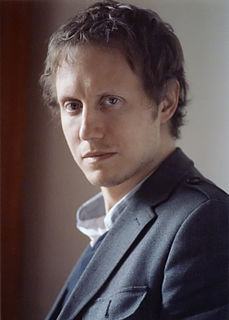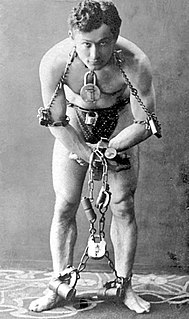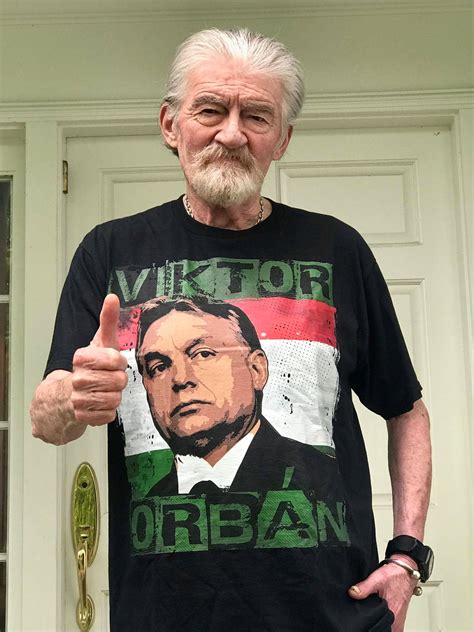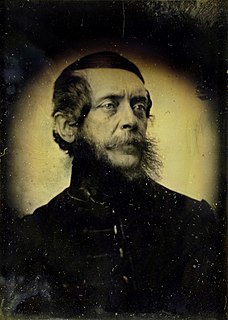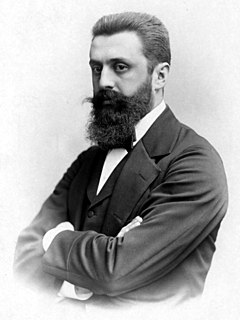Top 13 Quotes & Sayings by Laszlo Nemes
Explore popular quotes and sayings by Laszlo Nemes.
Last updated on April 14, 2025.
Sometimes all we need is only listening to an inner voice and remaining human in a very personal way. But even if it is a personal way, it's still a very valid way - maybe the most valid way. It doesn't have to be a collective experience or someone telling you what to do. The most sacred human experience can be a very personal one.
We consider the Holocaust as being a sort of strange event taking place on another planet; we never understood in a visceral way that this is something that took place in the heart of man. That's something that you can feel, the genocidal tendency is within human nature. It seems that if we forget about this, our future is also compromised.
We have progressed in a technological sense, but I'm not so sure whether we have progressed in a civilizational matter - the quality of the civilization has not improved. It's a civilization that's in love with technology but forgetting about the human side of it and the destructive tendency in human civilization has not been faced.
